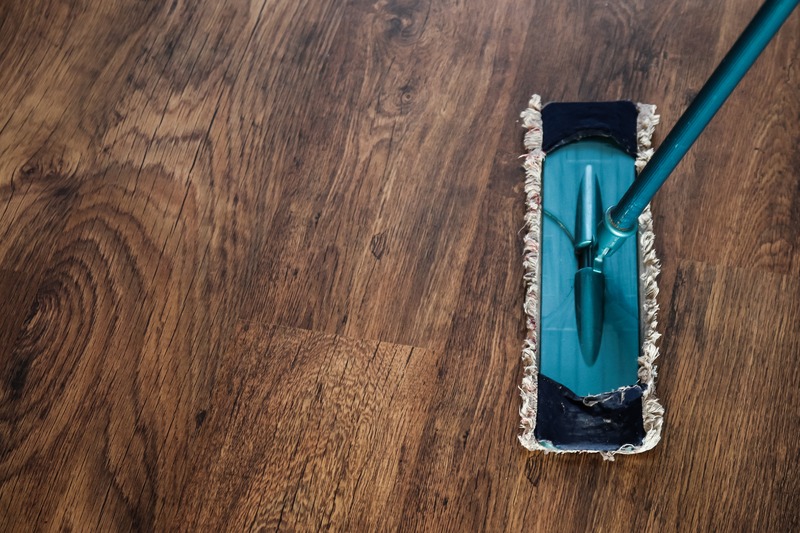Introduction
Hardwood floors are a popular choice for homeowners due to their durability, timeless appeal, and easy maintenance. However, accidents happen, and spills or stains may occur, leading homeowners to seek effective cleaning solutions. Bleach is a powerful disinfectant commonly used for cleaning and sanitizing surfaces, but can it be safely used on hardwood floors? In this article, we'll explore the potential risks and benefits of using bleach on hardwood floors and provide alternative cleaning methods to keep your floors looking their best.
Understanding Hardwood Floors
Before delving into whether bleach is suitable for hardwood floors, it's essential to understand the nature of hardwood surfaces. Hardwood floors are typically finished with either a polyurethane, varnish, or penetrating sealant to protect the wood from moisture, stains, and wear. This protective layer forms a barrier between the wood and any cleaning agents, including bleach, making it crucial to choose cleaning products that won't damage the finish.
Can You Use Bleach on Hardwood Floors?
While bleach is an effective disinfectant and stain remover, it is not recommended for use on hardwood floors. The high alkaline content of bleach can strip away the protective finish of the wood, leading to discoloration, warping, and permanent damage. Additionally, bleach is a harsh chemical that can release harmful fumes and cause skin and respiratory irritation if not used properly.
Risks of Using Bleach on Hardwood Floors
- Damage to Finish: The alkaline nature of bleach can break down the protective finish of hardwood floors, leaving them vulnerable to moisture and stains.
- Discoloration: Bleach can cause hardwood floors to lighten or change color, resulting in unsightly patches or streaks.
- Warping and Swelling: Exposure to bleach can cause hardwood planks to warp or swell, leading to uneven surfaces and structural damage.
- Health Hazards: Improper use of bleach can release toxic fumes that pose health risks to occupants, especially those with respiratory issues or sensitivities.
Alternative Cleaning Methods
Fortunately, there are safer alternatives to bleach for cleaning hardwood floors:
- Diluted Vinegar Solution: Mix equal parts water and white vinegar to create a gentle cleaning solution that effectively removes dirt and grime without damaging the wood finish.
- Mild Soap and Water: A solution of mild dish soap and warm water can safely clean hardwood floors without causing damage. Be sure to wring out excess water from the mop or cloth to prevent over-saturation.
- Commercial Hardwood Cleaners: Choose a pH-neutral hardwood floor cleaner specifically formulated for wood surfaces. These cleaners are designed to lift dirt and stains without harming the finish.
- Regular Maintenance: Sweep or vacuum hardwood floors regularly to remove debris and prevent scratches. Use felt pads on furniture legs to prevent scratching when moving furniture.
Conclusion
While bleach is a potent disinfectant, it is not suitable for cleaning hardwood floors due to its abrasive nature and potential for damage. Using bleach on hardwood floors can strip away the protective finish, cause discoloration, and pose health risks to occupants. Instead, opt for safer cleaning alternatives such as vinegar solutions, mild soap and water, or pH-neutral hardwood cleaners to preserve the beauty and integrity of your hardwood floors. With proper care and maintenance, your hardwood floors can remain a timeless and elegant feature of your home for years to come.





Comments